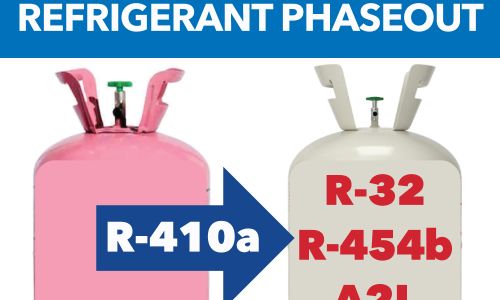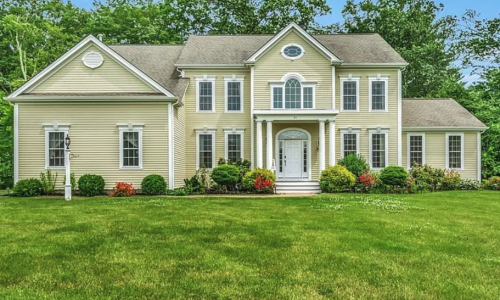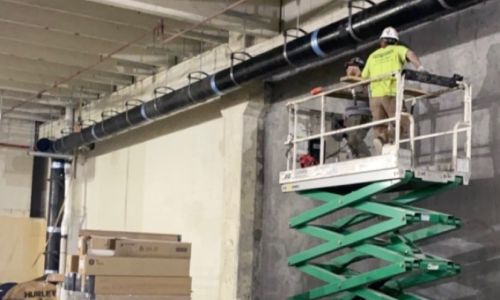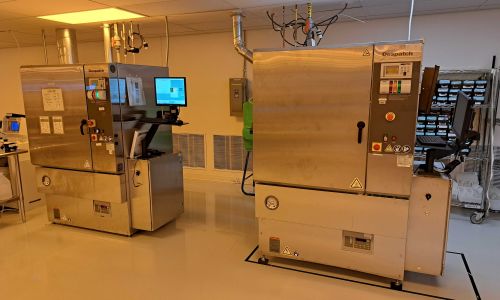Comparing Water Heater Efficiency: What Homeowners Need to Know Before Choosing
Understanding Water Heater Efficiency: A Smart Homeowner’s Guide
Whether you’re replacing an old unit or planning a home upgrade, choosing the right water heater is a decision that affects your energy use, utility bills, and everyday comfort.
At Denommee Plumbing, HVAC & Electric, we help homeowners across Massachusetts and Southern New Hampshire understand the different types of water heaters—and how to compare their efficiency so you can make an informed, cost-effective choice.
Why Water Heater Efficiency Matters
Water heating accounts for about 18% of the average home's energy use, according to the U.S. Department of Energy. A more efficient model doesn’t just lower your utility bills—it can also qualify you for Mass Save rebates and help reduce your carbon footprint.
Key Terms to Know When Comparing Efficiency
Before diving into the types of water heaters, here are a few terms to understand:
-
EF (Energy Factor): An older metric measuring how efficiently a water heater converts energy into hot water. Higher EF = better efficiency.
-
UEF (Uniform Energy Factor): The newer standard, offering a more accurate comparison across different types and sizes. Again, higher UEF = higher efficiency.
-
First Hour Rating (FHR): Indicates how much hot water the unit can deliver in one hour of use—important for sizing your system properly.
-
Recovery Rate: How quickly the water heater can reheat water after use.
Comparing Water Heater Types by Efficiency
Let’s look at how the most common water heater types stack up.
🔌 1. Traditional Electric Water Heaters
-
Efficiency: UEF around 0.90–0.95
-
Pros: Low upfront cost, simple installation, widely available
-
Cons: Higher long-term operating costs due to electricity rates
-
Best for: Smaller homes, low upfront budgets, limited gas access
Denommee Tip: While electric models are inexpensive upfront, they tend to be less efficient overall than other modern options.
🔥 2. Gas-Fired Water Heaters
-
Efficiency: UEF around 0.60–0.70 (standard); up to 0.90+ for high-efficiency models
-
Pros: Faster recovery rate, lower energy costs than electric
-
Cons: Lower UEF unless you opt for a high-efficiency model; venting may be needed
-
Best for: Homes with access to natural gas, larger households needing fast recovery
Denommee Tip: If you go with gas, consider upgrading to a condensing gas water heater for significantly improved efficiency and rebates through Mass Save.
🚿 3. Tankless (On-Demand) Water Heaters
-
Efficiency: UEF 0.82–0.99
-
Pros: Endless hot water, compact design, excellent efficiency
-
Cons: Higher upfront cost, may require gas line or electrical upgrades
-
Best for: Households with high hot water demand or limited space
Denommee Tip: Tankless water heaters shine when sized properly and installed by a qualified professional—like the experts at Denommee. They're a smart choice for both gas and electric homes.
♻️ 4. Heat Pump (Hybrid) Water Heaters
-
Efficiency: UEF 2.0–3.5 (most efficient on the market)
-
Pros: Uses ambient air to heat water, drastically lowers energy use
-
Cons: Higher initial cost, requires more space and a warmer installation area
-
Best for: Energy-conscious homeowners, homes with sufficient space and ventilation
Denommee Tip: These systems qualify for significant rebates and 0% financing through Mass Save. We help homeowners take full advantage of those incentives and find the best-fit model.
What’s the Most Efficient Water Heater?
In most cases, heat pump water heaters offer the best efficiency for electric models, while tankless or condensing gas models are most efficient on the gas side.
But efficiency isn’t everything—you’ll also want to consider:
-
Your household size and hot water demand
-
Your home’s existing plumbing and energy sources
-
Available incentives or rebates
-
Installation space and ventilation requirements
That’s where a professional assessment can help.
How Denommee Helps You Make the Right Choice
At Denommee, we take the guesswork out of water heater selection. Our licensed plumbers offer:
-
✅ No-cost in-home consultations
-
📊 Personalized comparisons based on your water usage and utility rates
-
💸 Expert advice on Mass Save rebates and 0% HEAT Loans
-
🧰 Safe, code-compliant installation with full removal of old equipment
-
🧼 Optional maintenance plans to keep your system running efficiently
Serving Massachusetts & Southern New Hampshire with Trusted Plumbing Services
From our Tyngsborough and Burlington locations, Denommee provides fast, reliable plumbing service to homeowners within a 25-mile radius—including Boston, Lowell, Woburn, Worcester, Nashua, and the Seacoast.
We install and service:
-
🔥 Tank and tankless water heaters
-
♻️ High-efficiency hybrid/heat pump models
-
💧 Gas and electric systems
-
🔧 Water heater maintenance, flushing, and anode rod replacement
Need Help Choosing the Right Water Heater? Let’s Talk.
If your current water heater is more than 10 years old, or you’re ready to upgrade to something more efficient, Denommee Plumbing, HVAC & Electric is ready to help you make the best decision for your home and budget.
From Worcester to the Seacoast, Boston to Nashua—serving your hot water needs with honesty, expertise, and energy-smart solutions.




